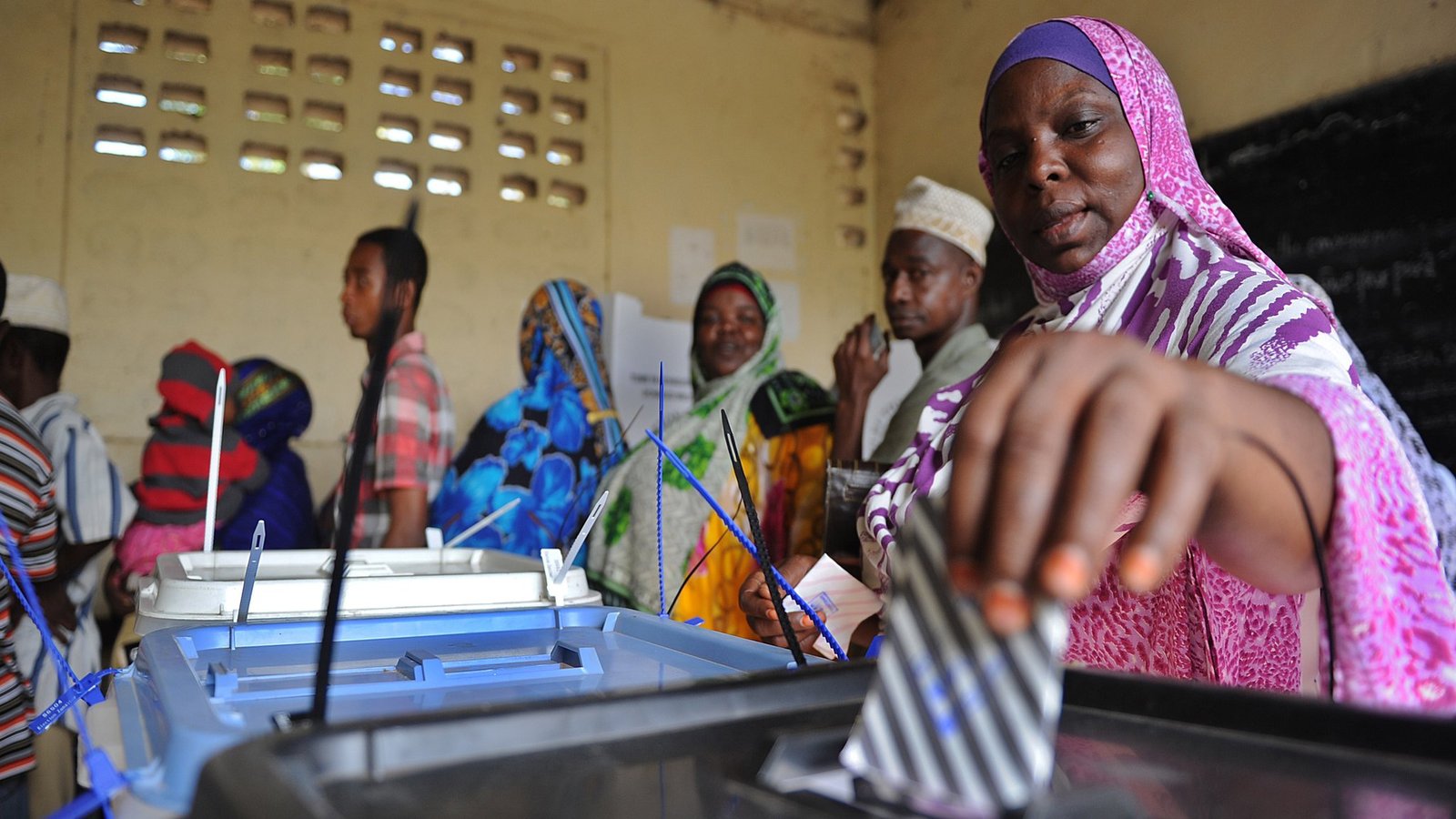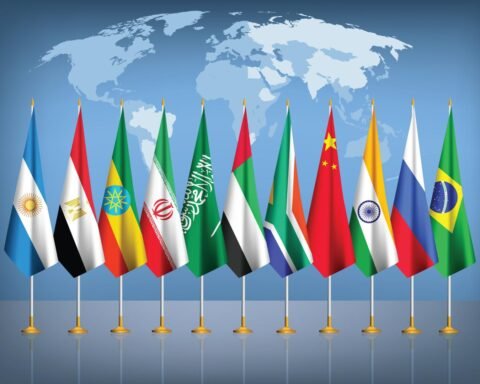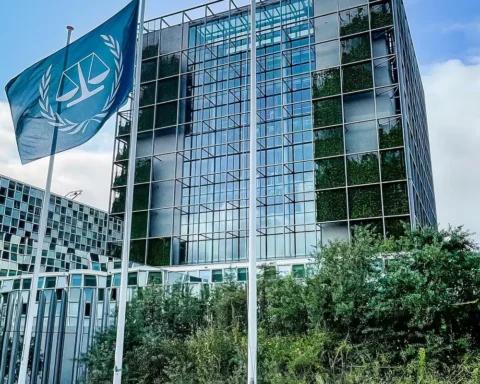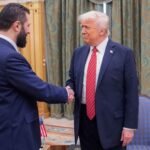As Tanzania moves closer to its highly anticipated general election, the nation’s political atmosphere is becoming increasingly vibrant, charged with passionate voices and intense debate.
From bustling urban centres to remote rural villages, citizens are engaging in spirited discussions about the future of their country.
In markets, community halls, and at street corners, people gather to share their views on the direction of the nation. Social media platforms have also become powerful arenas where ideas are exchanged, policies scrutinised, and leaders held to account. The energy is palpable, with political awareness reaching levels rarely seen in the past two decades.
However, alongside this surge in political engagement comes a growing concern: the gradual erosion of civility in public discourse. Political analysts warn that while robust debate is a healthy sign of democracy, it must be grounded in mutual respect if it is to strengthen — rather than weaken — the country’s democratic fabric.
Dr. Emmanuel Mshana, a political science lecturer at the University of Dar es Salaam, emphasises that elections are about more than just winning power. “When respect is lost, trust in the democratic process erodes. Citizens must remember that their opponents are not enemies but fellow Tanzanians with a different perspective,” he said.
Also Read; Election Day Journalists Required to Carry Special IDs
Many Tanzanians still recall the heated rhetoric of past election cycles, some of which escalated into community tensions. This year, civil society groups are actively promoting messages of peace and tolerance, encouraging voters to engage in constructive discussions and fact-based debates.
Grassroots campaigns, youth forums, and media programs are highlighting the importance of listening as well as speaking. These initiatives aim to counter divisive language and promote an environment where political disagreements do not fracture social cohesion.
The National Electoral Commission has also urged political parties to observe the election code of conduct, reminding them that campaigns should focus on policies and development agendas rather than personal attacks.







